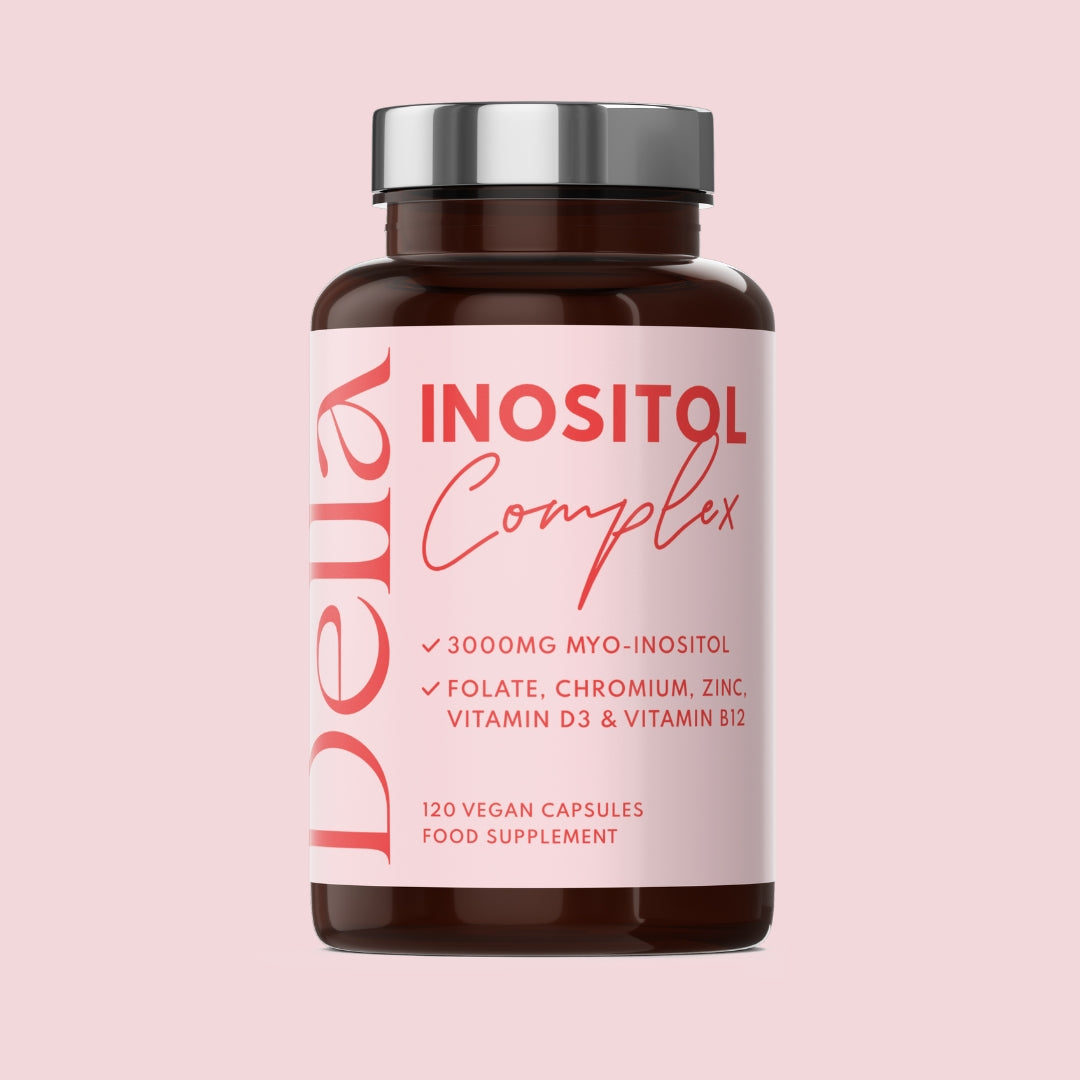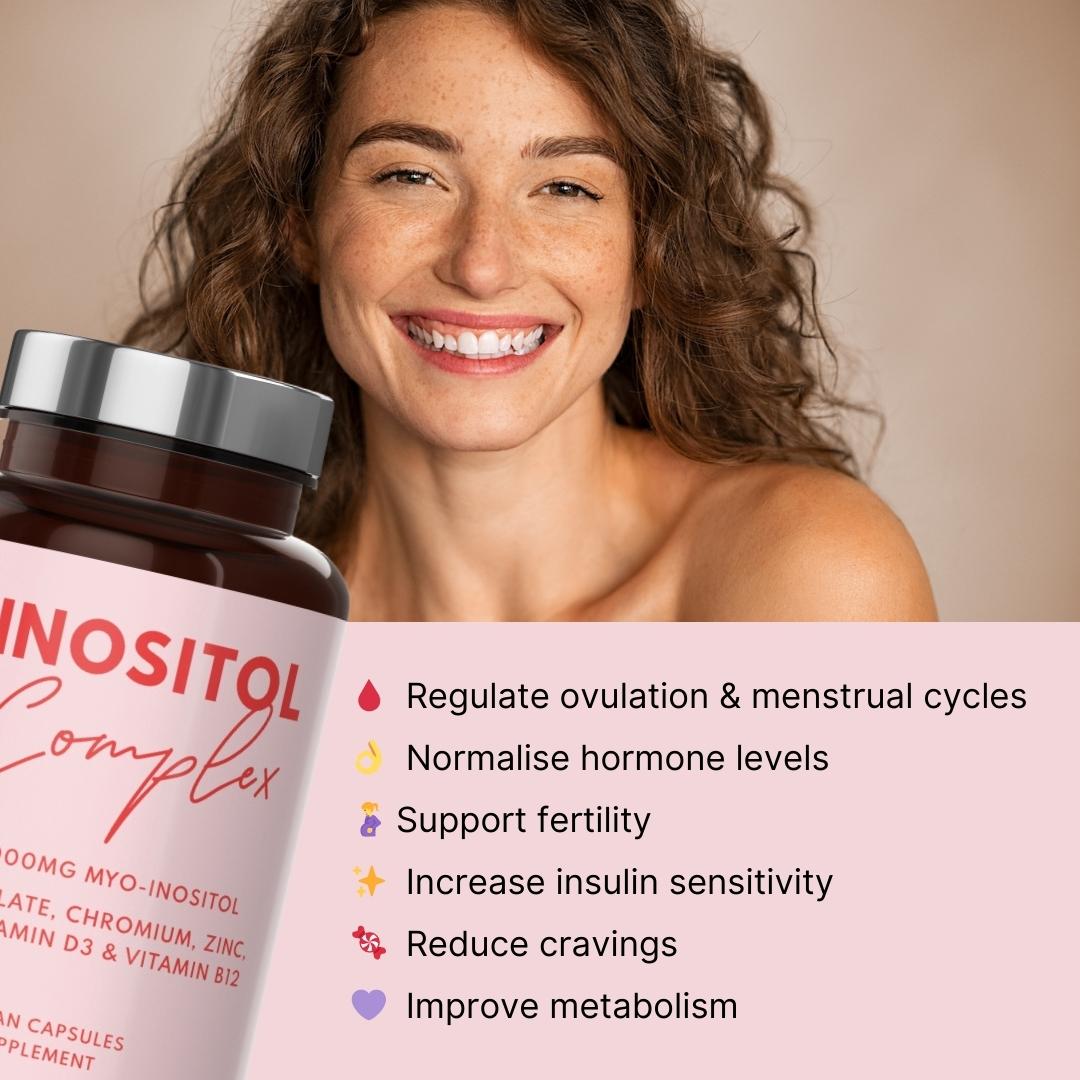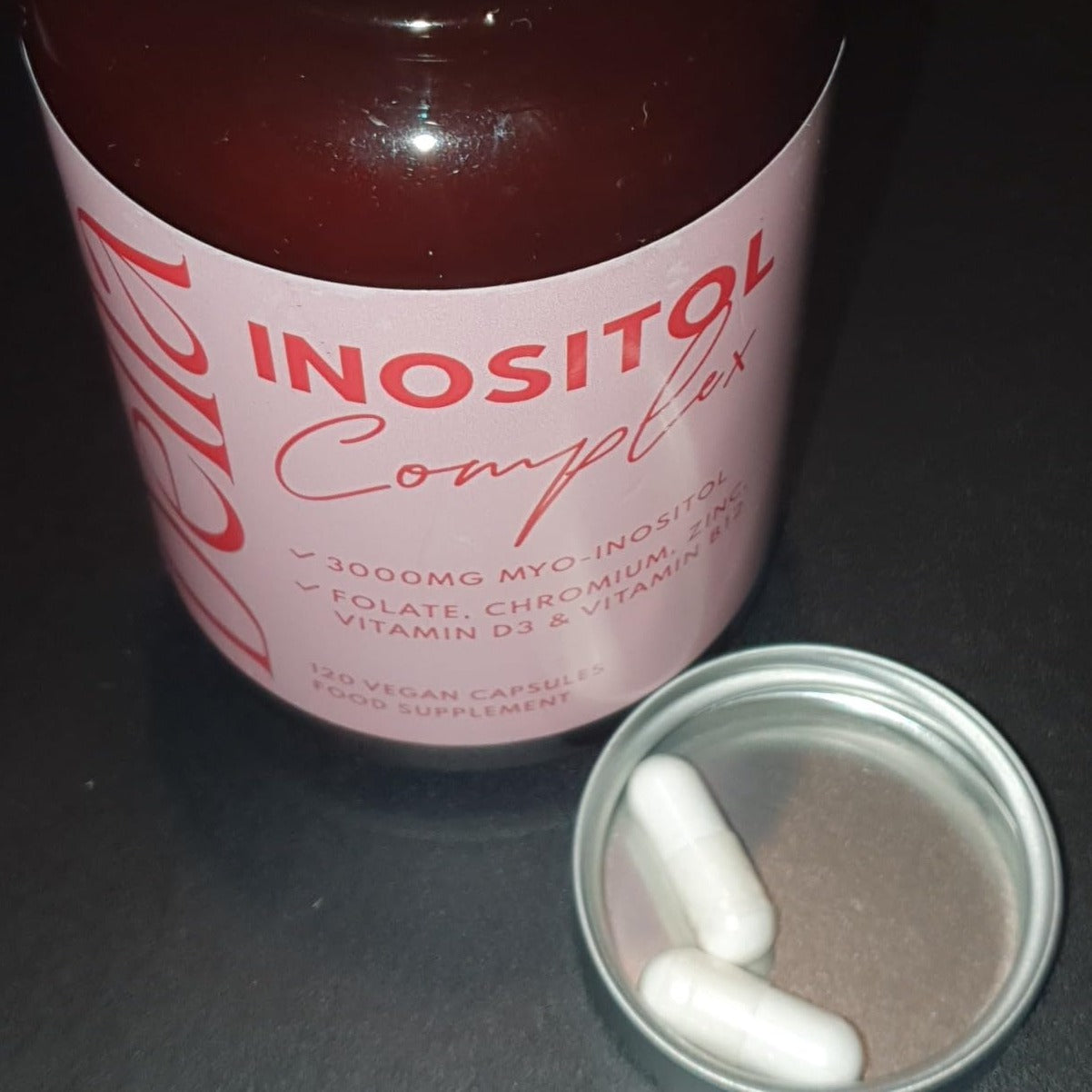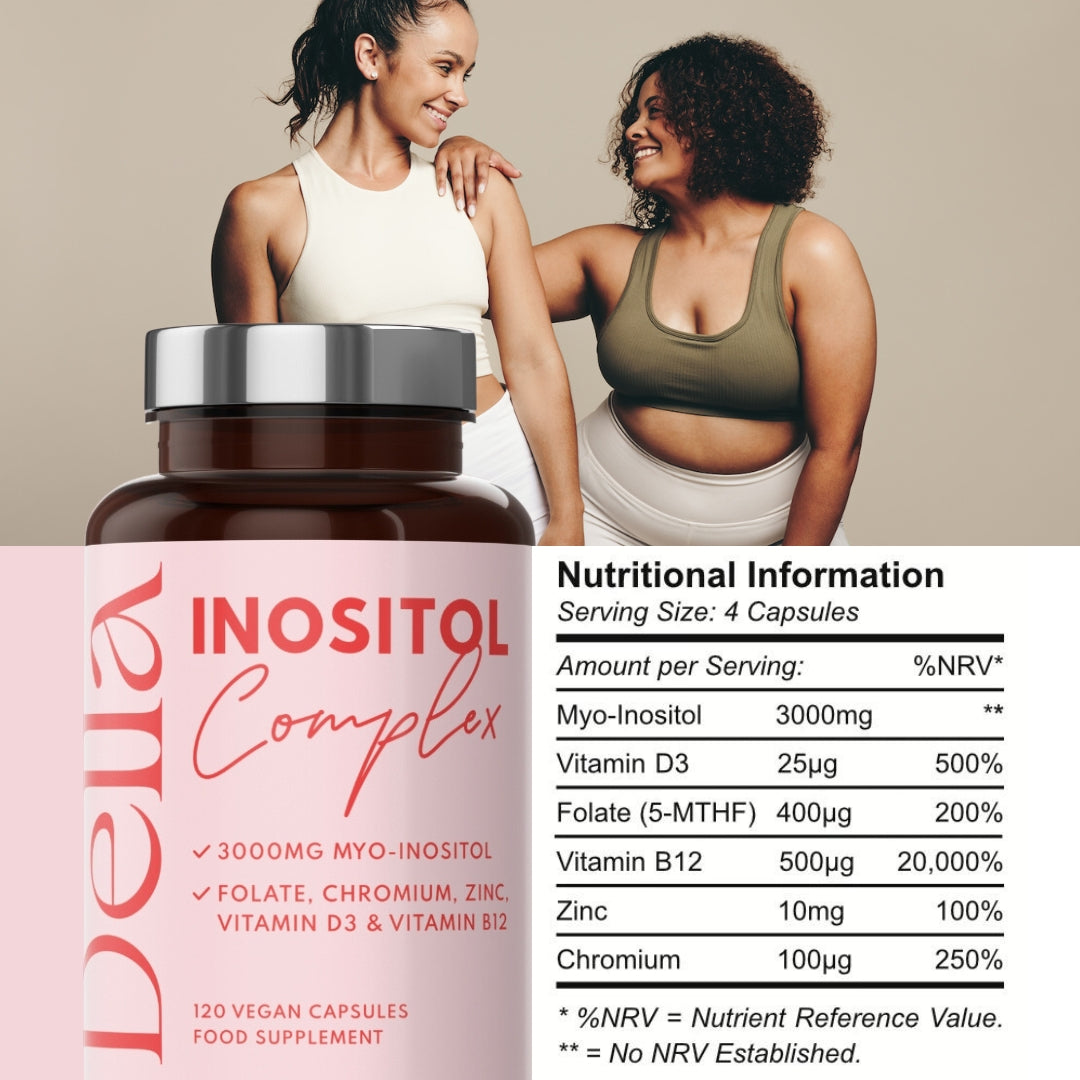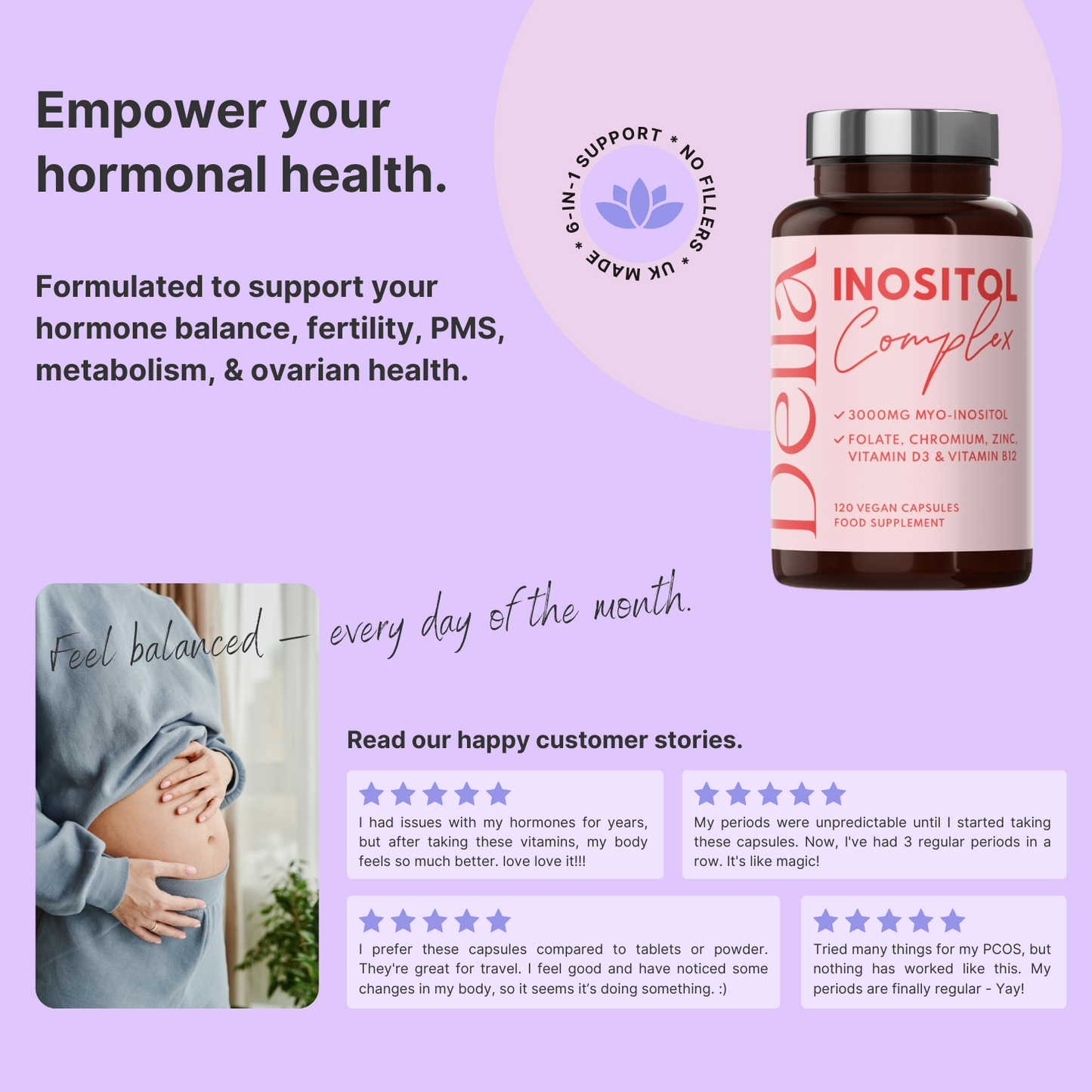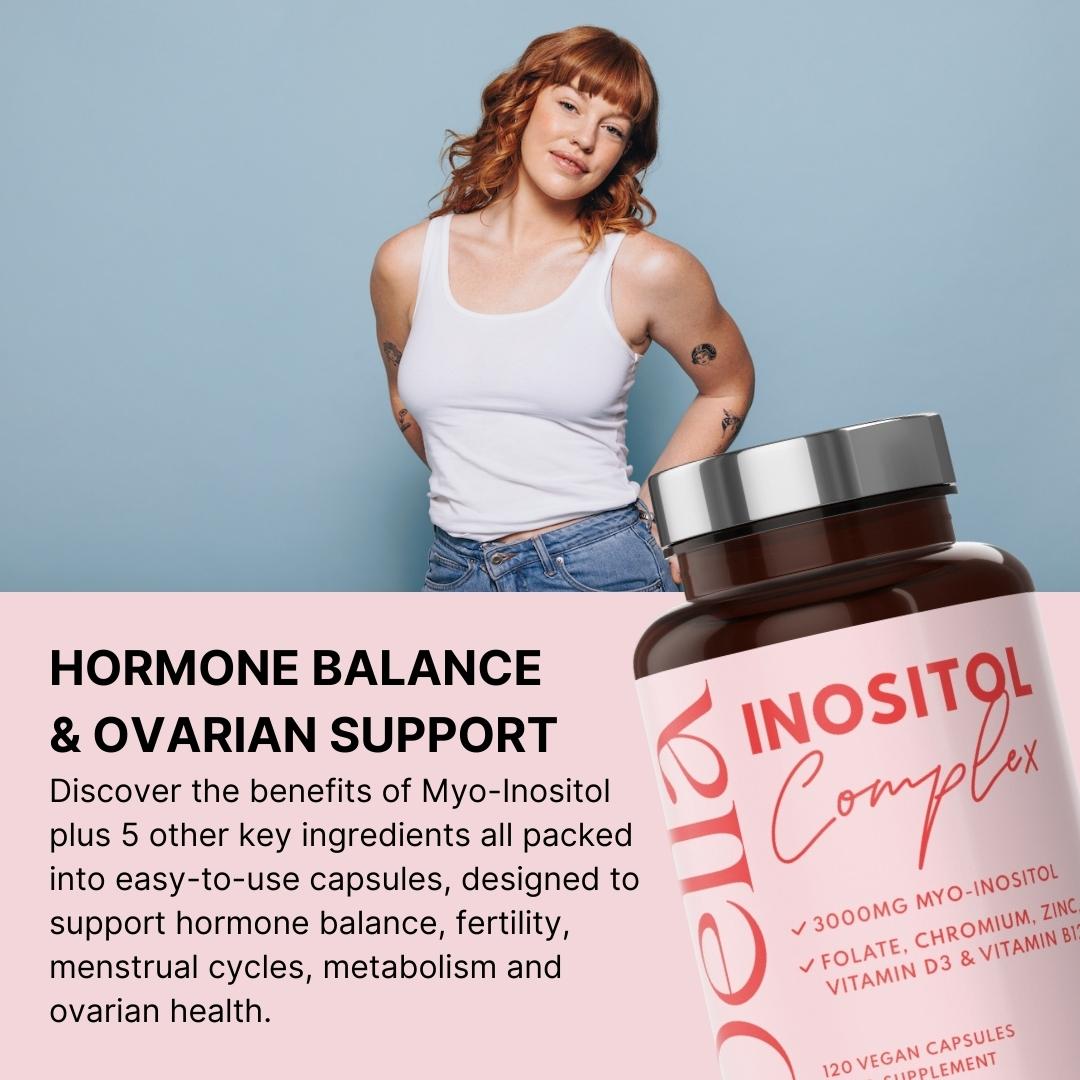5 Strategies for Managing PCOS-Related Anxiety
The link between PCOS and Anxiety.
In our PCOS Quiz 87% (!) of all respondents said that they have been dealing with mood changes, anxiety or depression, and studies show that women with PCOS are about three times more likely to suffer from anxiety than the general population.
This week is mental health awareness week, and the theme this year is “anxiety”, which also happens to be one of the most prevalent mental health issues in people with PCOS.
But why?
The link between PCOS and anxiety can have several different causes…
- Hormonal Imbalances:
Hormones play a significant role in regulating our mood and emotions.
Women with PCOS commonly experience disruptions in hormone levels, including increased androgen production and insulin resistance.
These hormonal imbalances can trigger anxiety symptoms by altering neurotransmitter activity in the brain.
- Body Image Concerns:
The physical manifestations of PCOS, such as weight gain, acne, and excessive hair growth, can lead to body image concerns and a negative self-perception.
These factors contribute to low self-esteem and may exacerbate anxiety symptoms.
- Emotional Impact:
Living with a chronic condition like PCOS can be emotionally challenging.
Coping with fertility issues, irregular periods, and other symptoms can create feelings of uncertainty, frustration, and sadness.
These emotional burdens can intensify anxiety symptoms, leading to a vicious cycle of stress and anxiety.
5 Tips To Manage PCOS-Related Anxiety
While dealing with anxiety alongside PCOS may seem overwhelming, there are numerous strategies that can help manage anxiety symptoms effectively. Here are some practical steps to consider:
1. Physical Activity and Mindfulness
Regular exercise not only improves physical health but also releases endorphins, the body's natural mood enhancers.
Engaging in activities like yoga, meditation, or deep breathing exercises can help alleviate anxiety by promoting relaxation and reducing stress levels.
2. Find a Supportive Community
Joining support groups or connecting with others who have PCOS can provide a sense of belonging and validation.
Sharing experiences, concerns, and strategies can help reduce anxiety and foster emotional well-being. Knowing that you’re not alone in this can be very comforting.
3. Practise Self-Care
Prioritise self-care activities that promote relaxation and self-compassion.
This could include taking a warm bath, reading a book, practising hobbies, or engaging in creative outlets.
Making time for oneself is essential for managing anxiety and maintaining overall mental well-being.
4. Counselling
Consulting with a mental health professional who specialises in women's health and hormonal disorders can be immensely beneficial.
They can provide guidance, support, and therapeutic interventions to address anxiety symptoms and develop coping strategies.
5. Medication and Medical Interventions
In severe cases, healthcare professionals may recommend medication or other medical interventions to manage anxiety symptoms.
These should always be discussed with a trusted healthcare provider who can evaluate individual needs and risks.
I hope you found the information and these tips useful, and if you have any questions or advice that could help others just leave a comment below!
FAQ - PCOS & Anxiety
People with PCOS are more likely to experience anxiety due to hormonal imbalances, body image concerns, and the emotional impact of living with a chronic condition.
Hormonal imbalances in PCOS, such as increased androgen production and insulin resistance, can disrupt neurotransmitter activity in the brain, leading to anxiety symptoms.
The physical manifestations of PCOS, such as weight gain, acne, and excessive hair growth, can contribute to negative self-perception and low self-esteem, which can exacerbate anxiety symptoms.
Living with PCOS can be emotionally challenging due to fertility issues, irregular periods, and other symptoms. This can create feelings of uncertainty, frustration, and sadness, intensifying anxiety symptoms.
Strategies for managing PCOS-related anxiety include counselling, physical activity and mindfulness, finding a supportive community, practising self-care, and considering medication or medical interventions in severe cases.
Counselling with a mental health professional who specialises in women's health and hormonal disorders can provide guidance, support, and therapeutic interventions to address anxiety symptoms and develop coping strategies.
Regular exercise releases endorphins, which are the body's natural mood enhancers. Engaging in activities like yoga, meditation, or deep breathing exercises promotes relaxation, reduces stress levels, and helps alleviate anxiety.
Joining support groups or connecting with others who have PCOS provides a sense of belonging and validation. Sharing experiences, concerns, and strategies can reduce anxiety and foster emotional well-being.
Prioritising self-care activities such as taking a warm bath, reading a book, practising hobbies, or engaging in creative outlets can promote relaxation, self-compassion, and help manage anxiety.
Medication or other medical interventions should be considered in severe cases of PCOS-related anxiety. It is important to discuss these options with a trusted healthcare provider who can evaluate individual needs and risks.



